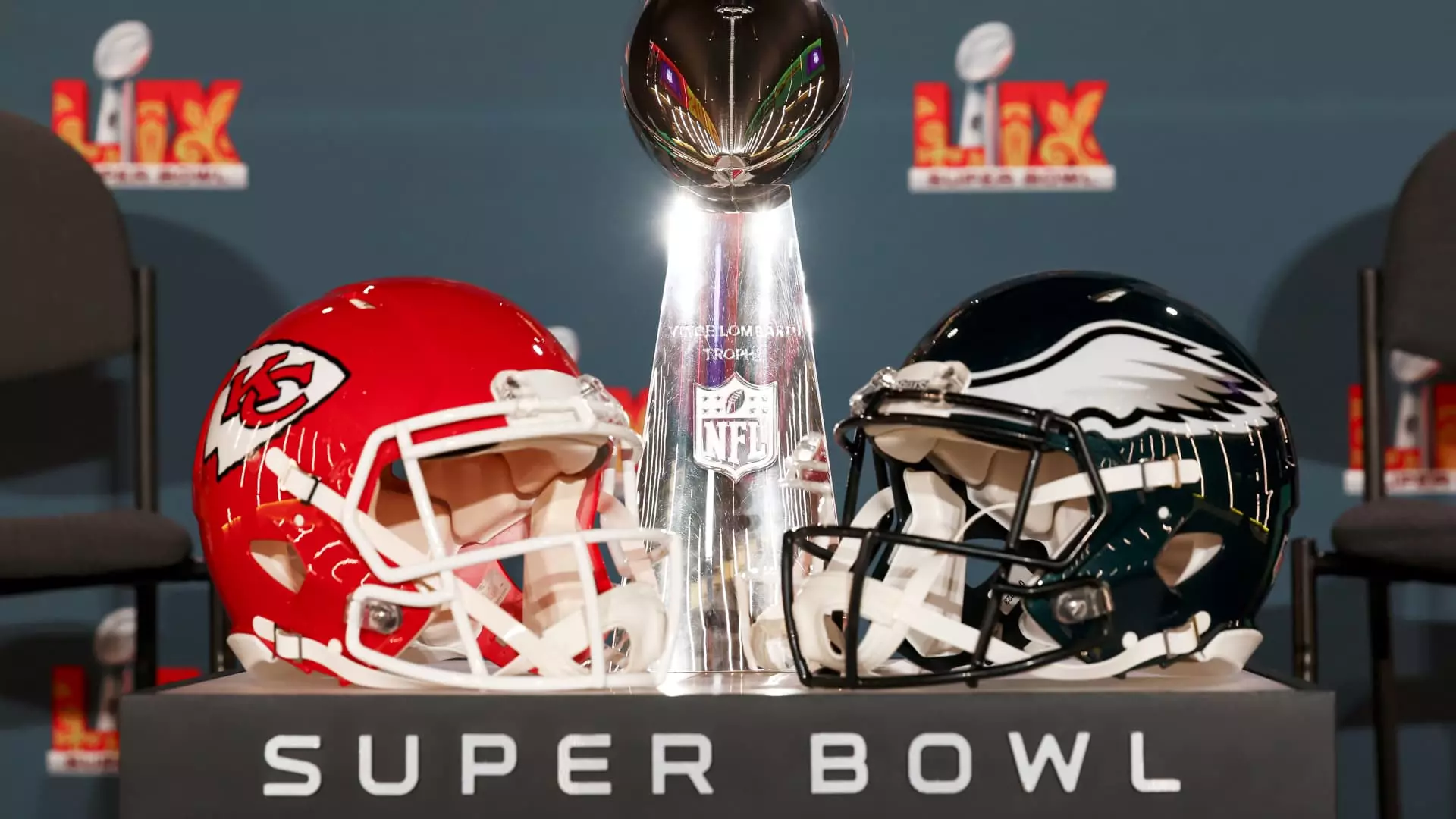The recent NFL initiative to penalize players, coaches, and staff involved in the illegal resale of Super Bowl tickets highlights a fundamental concern that transcends the sport itself: the preservation of integrity. When high-profile figures within the league exploit their positions for personal profit, it not only undermines public trust but also tarnishes the very essence of competitive sport — fairness. The league’s decision to impose fines and restrict future ticket purchases signals an acknowledgment that financial gain should not come at the expense of ethical standards. It’s a much-needed reset that emphasizes accountability over greed, reaffirming that the NFL values its reputation and the loyalty of its passionate fans above covert profit schemes.
Accountability and Disciplinary Measures as a Deterrent
The league’s methodical approach—targeting over a hundred players and two dozen employees—serves as a clear warning: misconduct will have consequences. Fines totaling 1.5 times the ticket’s face value for players and twice that for personnel serve as significant deterrents. Moreover, depriving offenders of future ticket purchasing privileges aims to reinforce personal responsibility, signaling that violations not only impact individual earnings but also their standing within the league community. These measures address not just specific incidents but aim to establish a broader culture where such conduct is unacceptable, emphasizing that professionalism and loyalty to the league’s core values must take precedence over short-term personal gain.
Ethical Frustration in a Commercialized Era
In an era where sports have become billion-dollar industries, the temptation to monetize every aspect, including tickets, grows stronger. Yet, this commercial drive should not erode principles of fairness and transparency. The NFL’s move underscores a struggle prevalent across professional sports: balancing lucrative revenue streams with maintaining integrity. A league that permits or ignores breaches in its own resale policies risks alienating its core supporters. Moreover, this enforcement reflects the broader societal debate about capitalism in sports—where profit motives often conflict with values of fairness and equitable access. Upholding strict resale policies isn’t merely about protecting the league’s brand; it’s about ensuring that fans—those who make the spectacle possible—are not disenfranchised or exploited through illicit profiteering.
Strengthening Policies for the Future
The league’s promise to ramp up compliance training ahead of Super Bowl 60 reveals an essential realization: deterrence alone isn’t enough. Education and clear communication are vital to cultivating a culture of integrity. By emphasizing that violations will not be tolerated and increasing penalties, the NFL aims to create an environment where ethical conduct is the norm, not the exception. This proactive stance is crucial; it reflects an understanding that the league’s credibility hinges on consistent enforcement and a demonstrable commitment to fairness. Ultimately, the NFL’s crackdown is not just about protecting its reputation—it is a statement that the integrity of the game must come before fleeting profits, upholding a standard that loyal fans deserve and expect.


Leave a Reply